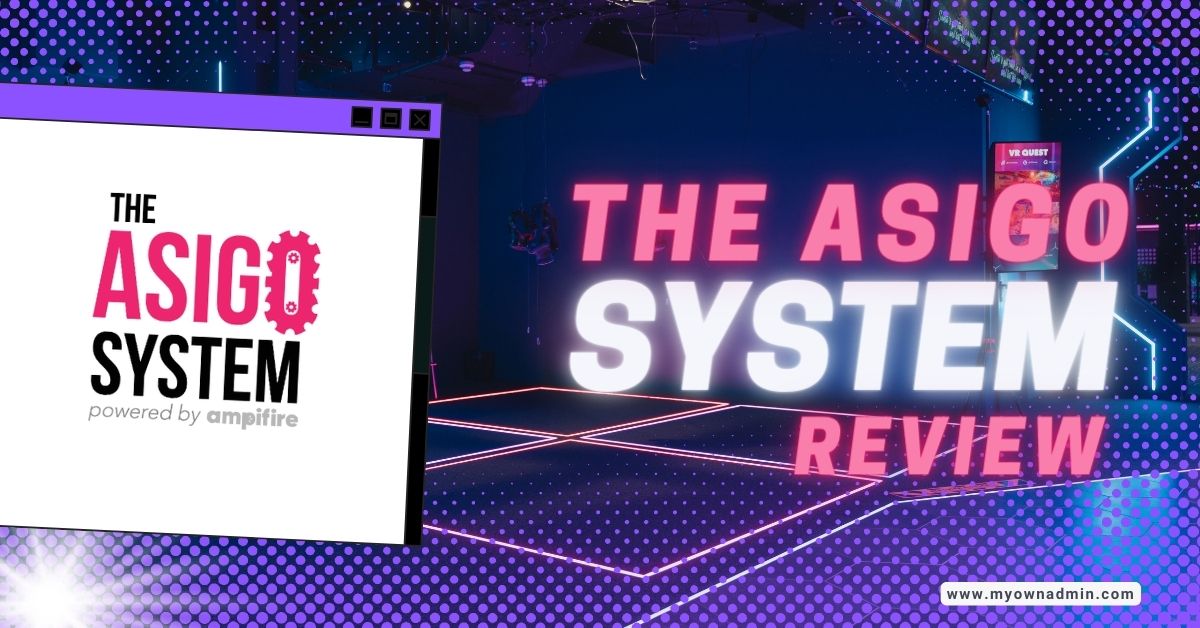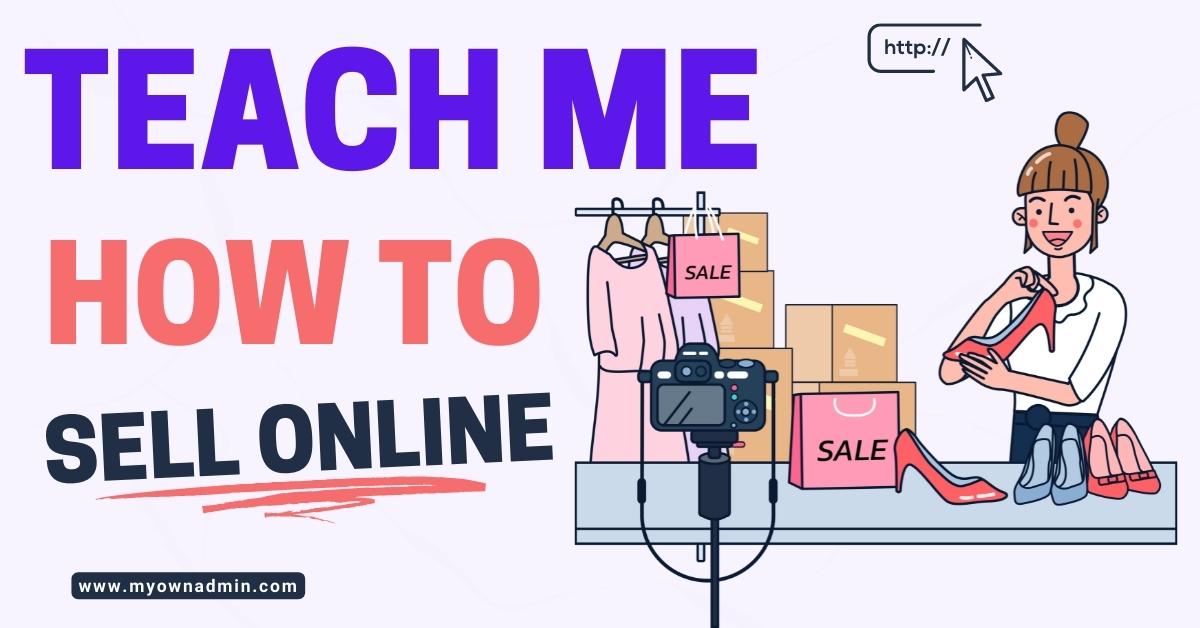Last Updated on November 30, 2022
Do People Actually Click On Affiliate Links? When you first learn about affiliate marketing, it appears to be simple. Setting up a blog isn’t all that difficult; you need a domain, some WordPress software, and a few plugins, and you’re ready to go. Most affiliate networks are simple to join. Then all you have to do is add links on your page and watch the money roll in, right? How difficult can it be?
Of course, the answer is “quite difficult.” There’s a reason entire blogs are dedicated to “how to succeed with affiliate marketing.” You’ll quickly realize there’s much more to affiliate marketing than simply putting a blog and some links online. There is a mountain to climb, and you must prepare for the journey.
I’ve compiled a list of the most common reasons you need to get clicks on your affiliate links. Check each one down the list to look at which ones apply to you, and work to resolve any issues you find.
Do People Actually Click On Affiliate Links?
Yes and every time. It’s a $12 billion industry that’s growing by the day. In fact, the vast majority of advertisements you see on the internet are posted by affiliates rather than by the companies themselves. Even after years of trying, most affiliates have yet to make any money. A small percentage make enough money to brag about making money online, but only enough to cover their rent for a month or two out of the year.
Reasons Why No One Is Clicking Your Affiliate Links? Do People Actually Click On Affiliate Links?

Your website needs to be more utilized.
Lack of traffic is the first and most common issue with any affiliate marketing website. Many bloggers begin slowly and attempt to monetize too soon. People don’t like building up loyalty only to be monetized at the first opportunity, so I understand the desire to set a precedent. On the other hand, putting links up when you only get a few dozen hits per month is pointless.
Your links are irrelevant.
Have you ever read a blog post and noticed a sentence or paragraph that is entirely out of place? Something that brings the entire train of thought to a halt in order to pitch some pest control service or as-seen-on-TV nonsense? I have, as do I believe the majority of people. It’s baby’s first foray into affiliate marketing, and it’s the most basic form of spam.
A spam blog is often distinguished by a slew of unrelated, usually stolen content interspersed with mostly unrelated affiliate links. The spammer doesn’t care if their content isn’t their own or if their site isn’t good; as long as they can get even one conversion, it’s all good. Always keep your affiliate links as relevant to the topic as possible.
Your links are devoid of context.
This is a subset of the previous item but with a narrower focus. Consider that your links should be relevant to your niche, but they should also be relevant to your article. Who will want to click on your links if they need to be more relevant to your article?
You should structure your posts around your links. Know what the product is and how you intend to recommend it before proceeding.
💁You might also read » Find the right niche for you

Your links are devoid of a call to action.
Every affiliate link should include a call to action. That call to action should be either a simple “click here to buy now” or something more detailed and tailored to the specific product and problem it addresses. A good piece of content explains how a product will solve a problem and includes affiliate links to that product.
You Aren’t Adding Value
Why should your reader click your link and buy the product from you? Why wouldn’t they go to Amazon on their own time, to a manufacturer’s website, or to a different storefront they trust more? What distinguishes your offer?
This question has numerous possible answers.
- Timing. Because you want your content to be found by people actively looking for a solution to a problem, presenting them with the solution provides them with the least resistance to solving their problem.
- Extra benefit. Your website is geared toward assisting people in a specific industry or job, and the product, while perhaps not advantageous to purchase from you, grants them access to exactly what you recommend when you give advice, making your advice all the more applicable.
- Discounts. Many affiliate programs allow you to offer the product at a reduced price. Clicking on your link entitles them to a free upgrade or a free month of service. You must bring something of value to the table, and more importantly, you must inform your readers about that benefit. Make it clear if you’re offering a discount to anyone who purchases through your link. Make it clear that you’re offering something they can’t get anywhere else.
Your links are unsightly.
This is a problem for the small percentage of users who pay attention to links. This subset is expanding as people become more aware of the types of tricks used to scam them online.
Your Links Can Be Found In Your Navigation (Or Elsewhere)

Including affiliate links in places other than your content is a death sentence for those links. For one thing, no one will click a link in your navigation or sidebar unless it is extremely compelling, and an affiliate offer is almost never compelling enough to click without a full blog post backing it up.
Furthermore, including such links in your navigation may result in a Google penalty or, at the very least, a decrease in your search visibility. They dislike it when you include advertising in your overall layout, and the omnipresence of such advertising can cause problems. It’s not guaranteed – and cloaking can help hide it – but it’s not worth the risk.
💁You might also read » How to Create an Affiliate Website in 13 Steps
Your website is untrustworthy.
A website can display numerous signs of trust, and you must have at least a few of them if you want people to click on your links.
What kinds of trust signals might you experiment with?
- Customer testimonials are useful, but they only sometimes help a pure affiliate site. They can be beneficial if you sell your own products or provide consulting.
- Product reviews can be extremely beneficial. Screenshot or quote a few positive reviews of the product you’re attempting to sell and use them in your marketing.
- Social signals can be useful, but they are more difficult to obtain and less valuable than in the past. Nonetheless, a high number of shares on your posts can indicate to others that what you have to say is valuable to many. Many trust signals are more applicable to storefronts, and I discuss them in greater detail in the linked article. On the other hand, some can be extremely beneficial to affiliate or hybrid sites, so it’s worth investigating them.
Featured Article from MyOwnAdmin.com!
Check out “Wealthy Affiliate Review” a step-by-step training program that will teach you how to start your own passive income blog.

You’re obviously only interested in making money.
A good blog should include more than just product reviews and affiliate links. Sure, the microsite method can work, but only on a small scale. That’s why people who use microsite marketing tend to create dozens of sites in a niche that could just as easily be combined into one larger authority site. The only reason they don’t go the centralized route is to take advantage of the minor advantages of matching keyword domains while still having the ability to cull any sites that underperform.
When you run a website, and every blog post you publish is nothing more than a basic overview or review of a product with a slew of affiliate links, it’s clear that you’re not in it to help your readers but rather to make money. That is the incorrect approach, and people can detect your lack of expertise, sincerity, and value from a mile away. Many people will ignore your site in the future, and most will avoid clicking on your links once they realize what’s happening.
💁Blogging? You might also read » What Is Topical Authority:
You’re Reaching the Wrong People
Even if you have a lot of traffic, it could be from a different audience than you want. This is something I see a lot from people who want high-paying affiliate commissions rather than high-volume commissions. Sure, selling that yacht could earn you a year or two’s worth of wages in a single click, but if your site isn’t explicitly designed to target the hyper-rich in their yacht-owning ways, you’re not going to get any sales. That may seem like an extreme example, but I’ve seen affiliate offers based on yachts, and let me tell you, that’s a very narrow niche.
Final Thoughts
Whether you want to supplement your income with affiliate commissions or make them the majority, learning how to be the best affiliate marketer is one way to go.
Learning how to promote your affiliate link in blog posts, podcasts, videos, organic social posts, and other places is the most effective way to increase your commission. As long as you’re genuinely and authentically promoting products that you use and love, your audience will be pleased with your recommendation, and you’ll be able to expand the affiliate arm of your business while making sure that your audience is satisfied.
| START YOUR FREE ACCOUNT HERE | ||
|









